In today’s fast-paced world, it’s easy to see healing from an illness, injury, emotional pain, or mental disorder as a straightforward journey—kind of like running a marathon without a finish line in sight. When you feel like you’ve made significant progress, you hit that frustrating plateau of fatigue. So, what does healing fatigue mean, and how can we avoid it to keep making strides toward better health?
The Invisible Burden
Healing fatigue is the exhaustion that stems from long-term healing efforts. As described above, it is a concept of burnout that not only stays in the head but also spreads to other parts of the body and the soul.
Think about putting all of your energy into healing, but somehow, you feel there is quicksand below you. That is fatigue in purest simplification. While getting some sleep can usually help with physical fatigue, fatigue during recovery is different.
Many clients and caregivers describe it as emotional burnout, mental exhaustion, and a strong sense of helplessness that makes recovery feel impossible, no matter how hard they try. Recent studies have shown that between fifty and eighty percent of people undergoing long-term addiction healing experience various forms of this fatigue.
The Symptoms: Is It Just Me?
You’re not alone if your healing journey feels more like a drag than a driving experience. Here are some typical signs of fatigue you might be experiencing:
- Chronic Fatigue: Low energy and feeling tired all the time, even when taking a break.
- Emotional Numbness: Losing interest in enjoyable activities that were done in the past.
- Reduced Drive: Getting off routine with healing activities or therapies.
- Heightened Frustration: Yelling or getting angry at family members or parents for petty issues.
- Sense of Stagnation: When you feel like you’re working at a snail’s pace and constantly blaming yourself. It’s frustrating to see that there aren’t any significant positive changes.
Why Does Fatigue Happen During Recovery?
All healing processes are exploratory in nature. They are time-consuming and require emotional skills and some mental power. During the healing process, the client is expected to be in a constant state of shock absorption, revisit difficult experiences or painful memories, or engage in movement therapy. However, these activities can sometimes become boring and lead to fatigue after extended periods of effort.
How to Overcome Healing Fatigue: Strategies for Rejuvenation
It’s common to hit a fatigue point at some stage, but that doesn’t mean it’s the end. Here’s how to push through and get back on the path to success:
Accept the Detour
If you think healing is a quick process, you’re mistaken. Pushing yourself to recover rapidly can actually make it harder to cope with the reality of living with a chronic condition.
Practice Mindfulness and Meditation
Mindfulness in daily life is an effective way of regulating energy and restoring order during stressful times.
Previous studies have shown different benefits of meditation, including a decrease in fatigue symptoms, self-permission, and emotional endurance.
Seek Support and Share Your Journey
Consider seeking counseling and joining support groups for guidance. Sometimes, we must express our emotions, which can be a much-needed remedy.
Sharing your experiences lightens the burden and offers new perspectives on tackling your situation.
Prioritize Self-Care
Engage in meaningful and uplifting inner work. Whether diving into a good book, spending time in nature or exploring a favorite hobby, embracing those little joys can nourish the soul.
Set Boundaries and Say No
Protect your energy and know your boundaries. This might mean saying no to requests that come from temporary annoyances or even taking a break from relationships that drain you.
Stay Connected with Your Why
Be in touch with the very first reasons that made you start healing. This will help you remember why you are on this journey when you set your sights on attaining those goals.
The Science of Healing: What Research Says
Recent studies suggest that pacing can significantly aid in recovery.
One study found that people who use pacing strategies during addiction recovery often report feeling less fatigued and enjoying a better quality of life. Additionally, incorporating practices like yoga and tai chi for mental health has been shown to boost mood and energy levels.
Keep Moving Forward with Willow Hills Wellness
If you’re ready to overcome healing fatigue and embark on a life-changing journey, look no further! At Willow Hills Wellness, we’re here to support you. Every teen is unique, so we offer various mental health services tailored to individual needs.
Our dedicated team of licensed therapists, doctors, and clinical psychologists collaborates closely with each young person to create a personalized plan considering their medical history, traits, and goals. In addition to essential evidence-based treatments, our holistic approach nourishes the mind, body, and spirit through various therapeutic modalities.
We address a range of mental health issues, including depression, trauma, and substance abuse. So take a deep breath, reach out to us, and let’s take this journey together!

